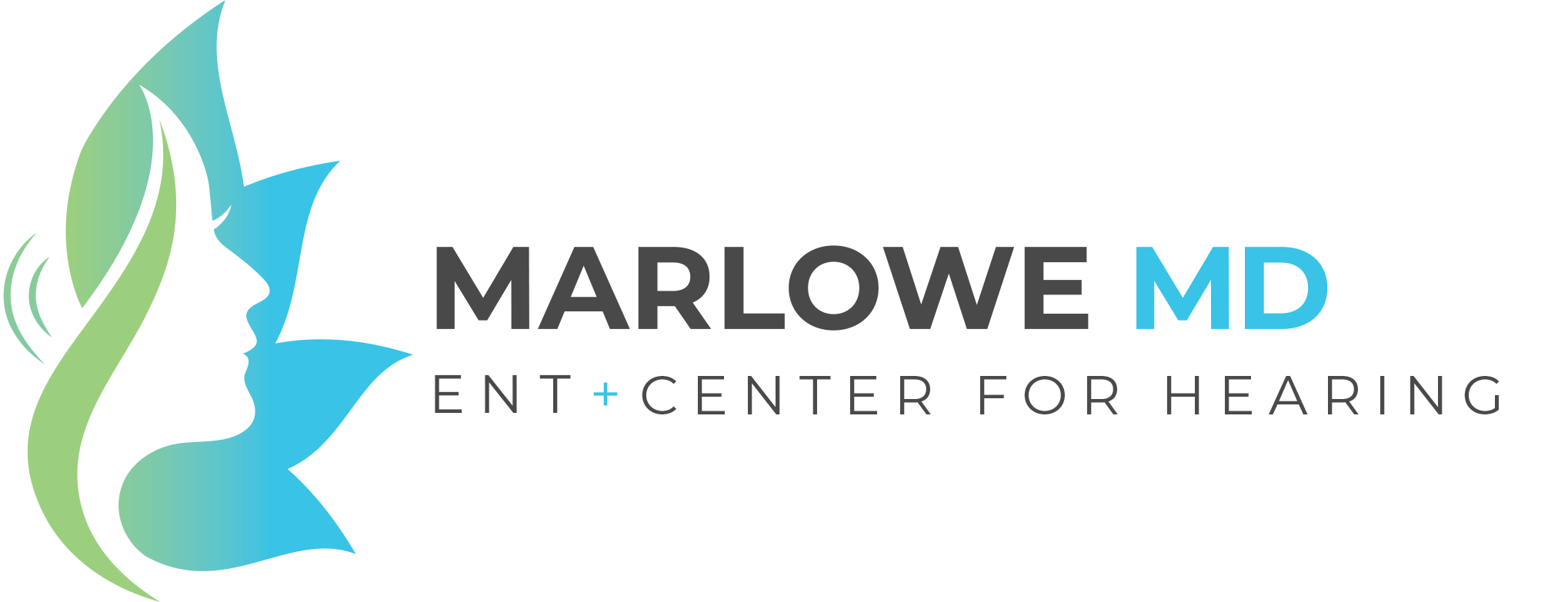Marlowe MD treats vertigo, which is a balance disorder that causes an individual to feel unsteady or feel the sensation of moving or spinning. Most of the time, this sensation is caused by an organ in your ear called the labyrinth. The labyrinth interacts with many parts of the body, but most importantly your eyes, which help to maintain the body’s position. These systems, along with the brain and the nervous system, can be the source of the imbalance.
Structures of the labyrinth let us know when we are in motion. These canals, which are comprised of the superior, posterior and horizontal, are fluid-filled. Motion of the fluid tells us if we are moving. This system helps you determine your orientation. The vestibule is the region of the inner ear, and this system works with the visual system to keep objects in focus when the head is moving. Joint and muscle receptors also are important in maintaining balance.
Ear Canal and the Brain Connection to Vertigo
Have you ever wondered how the ear canal and the brain work together to prevent vertigo and control your balance? Movement of fluid in the ears semicircular canals signals the brain about the direction and speed of rotation of the head, whether you are nodding your head up and down or looking from right to left. Each semicircular canal has a bulbed end, or enlarged portion, that contains hair cells. Rotation of the head causes a flow of fluid, which in turn causes displacement of the top portion of the hair cells that are embedded in the jelly-like cupula. Two other organs that are part of the vestibular system are the utricle and saccule. These are called the otolithic organs and are responsible for detecting linear acceleration, or movement in a straight line. The hair cells of the otolithic organs are blanketed with a jelly-like layer studded with tiny calcium stones called otoconia. When the head is tilted or the body position is changed with respect to gravity, the displacement of the stones causes the hair cells to bend.
The balance system works with the visual and skeletal systems (the muscles and joints and their sensors) to maintain orientation or balance. For example, visual signals are sent to the brain about the body’s position in relation to its surroundings. These signals are processed by the brain and are then compared to information from the vestibular and the skeletal systems. An example of the interaction between the visual and vestibular systems is called the vestibular-ocular reflex. The nystagmus (an involuntary rhythmic eye movement) that occurs when a person is spun around and then suddenly stops is an example of a vestibular-ocular reflex.

Diagnosis of Balance Disorders
Diagnosis of a balance disorder like vertigo is complicated because there are many kinds of balance disorders, and because other medical conditions–including ear infections, blood pressure changes, and some vision problems–and some medications may contribute to a balance disorder. A person experiencing dizziness should see a physician for an evaluation.
The primary physician may request the opinion of an otolaryngologist to help evaluate a balance problem. An otolaryngologist is a physician/surgeon who specializes in diseases and disorders of the ear, nose, throat, head, and neck, with expertise in balance disorders. He or she will usually obtain a detailed medical history and perform a physical examination in order to sort out possible causes of the balance disorder. The physician may require tests to assess the cause and extent of the disruption of balance. The kinds of tests needed will vary based on the patient’s symptoms and health status. Because there are so many variables, not all patients will require every test.
Some examples of diagnostic tests the otolaryngologist may request are a hearing examination, blood tests, an electronystagmogram (ENG–a test of the vestibular system), or imaging studies of the head and brain.
Treatment for Vertigo
Treatment for balance disorders like vertigo varies. One option includes treatment for the disease or disorder that may be contributing to the balance problem, such as ear infection, stroke or multiple sclerosis. Individual treatments will vary and will be based upon symptoms, medical history, general health, an examination by a physician and the results of medical tests.
For some people, a change in diet can reduce the symptoms of a balance disorder. Dietary changes such as reducing intake of sodium may help. For others, reducing alcohol, caffeine, and/or avoiding nicotine may be helpful. Some aminoglycoside antibiotics, such as gentamicin and streptomycin, are used to treat certain kinds of balance disorders.
Vertigo Treatments In Sarasota, Florida
At Marlowe MD, we take pride in our proven record of tending to the health care needs of the Sarasota community for over 20 years. If you have been having issues with your balance or feeling dizzy, we encourage you to visit our center. To request an appointment, please call (941) 379-3277 or select and fill out the appropriate form below.

